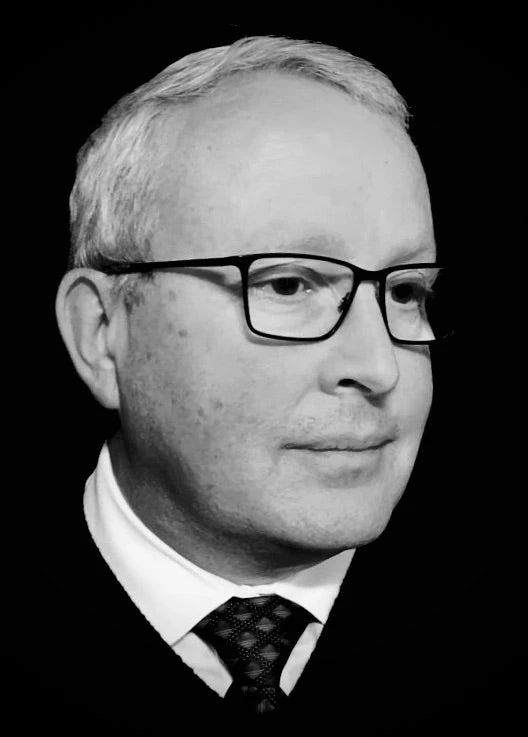
Against a milieu of changing PPP enabling environments in the Middle East and North Africa (MENA), a public-private partnership (PPP) forum took place last month in Dubai focusing on anchoring partnerships and unlocking the potential of PPPs in delivering the national visions that will drive MENA’s future economic growth.
Preparation, procurement, and management of PPP projects was front and center. Unsolicited proposals were also discussed, and some saw their merit when effective PPP laws and guidelines address their implementation and PPP units serve as regulators to decide if unsolicited proposals offer innovation and value for money.
Participants recognized that if countries’ development programs were to succeed, their pipelines of PPPs must be secured by strong procurement practices and that PPP laws and units will play an integral role in creating investment-friendly environments.
Unfortunately, civil unrest in MENA has created an unfavorable investment environment for PPPs in certain countries, and peace will have to prevail before post-conflict reconstruction PPPs are considered.
Other Takeaways
Agreeing on a definition – Some attendees said “privatization” and “PPPs” are still used interchangeably, but in countries with a long history of implementing PPPs (i.e. Egypt, Jordan, and Kuwait) this confusion doesn’t exist. Most attendees supported PPPs being defined as a partnership between the public and private sectors to provide services and works that does not embrace privatization of national assets and services.
Need for PPP laws and legal frameworks – Although many countries have enacted national PPP programs without legal frameworks, there was almost unanimous consensus that PPP laws and guidelines create an environment that protects both the public and private sectors from legal jeopardy when projects are awarded and/or experience difficulties. Reference was made to the relatively new Dubai PPP law and efforts by Saudi Arabia to create a legal enabling environment. Speakers also pointed out that PPP laws should be relatively simple and focused on the essential elements of an enabling environment, rather than on cumbersome clauses that hinder the smooth implementation of PPPs and confuse investors.
Growth of PPP units – There are well-established PPP units across MENA, including in Egypt, Jordan, Lebanon, and Kuwait. There are also new PPP units that include the Saudi Arabian National Center for Privatization and the United Arab Emirates' PPP unit formed by the Abu Dhabi Investment Fund. Most attendees agreed the role of PPP units should be that of regulators and enablers of PPP projects. Implementation should rest with line ministries and agencies that initiate PPPs.
Tapping into Islamic finance – Islamic Finance is alive and well. The biggest challenge is the lack of understanding of what financing PPPs through Sharia-compliant processes entails for Western investors. Also, there is not always a standard approach to adopting Islamic financing because Sharia scholars have different opinions on how a financial package is structured. Blended financial packages are becoming more common, where mega PPP projects include both Western and Islamic finance elements.
Long-term commitment to PPPs – Many stressed that oil-rich Arab governments should have a long-term commitment to PPPs. Investors underlined that wavering on honoring existing and future PPP agreements if fossil fuel prices increase would be detrimental to investor confidence.
Growing PPP pipelines –Governments must develop a meaningful pipeline of feasible, bankable, and prioritized PPP projects to attract investor interest in their national programs to procure public works and social services. Because it takes time for developers and investors to become interested in a country’s program and mobilize resources, the more distinct a realistic national pipeline is, the more interest there will be. Investors are not sentimental and will easily invest in neighboring countries if offered more attractive opportunities and incentives.
Managing risk allocation– A foundation of PPPs is the allocation of risks to parties that can best manage them. It will take a mindset change in MENA to move to a true partner-partner approach for successful PPP programs.
Interest in social service PPPs –Social service PPPs (e.g., schools, hospitals, penitentiaries, etc.) are an area many felt has been neglected but will become a priority for many MENA countries soon. Attendees from Kuwait highlighted their interest in launching education PPPs, and Saudi Arabia expressed a deep interest in social service PPPs.
Much work remains—PPPs need to be better understood and governments need to build capacity to implement PPP them. Happily, it did emerge at the forum that MENA governments are taking the need to create enabling environments seriously.
Disclaimer: The content of this blog does not necessarily reflect the views of the World Bank Group, its Board of Executive Directors, staff or the governments it represents. The World Bank Group does not guarantee the accuracy of the data, findings, or analysis in this post.
Related Posts
Why we need more systematic data to get PPPs right
Managing unsolicited proposals in infrastructure: 5 key questions for governments
10 important questions to ask the public sector when pursuing a PPP procurement
Measure it to improve it: How benchmarking government capability for PPPs can help improve infrastructure delivery
A timely report on mobilizing Islamic finance for PPPs


Join the Conversation